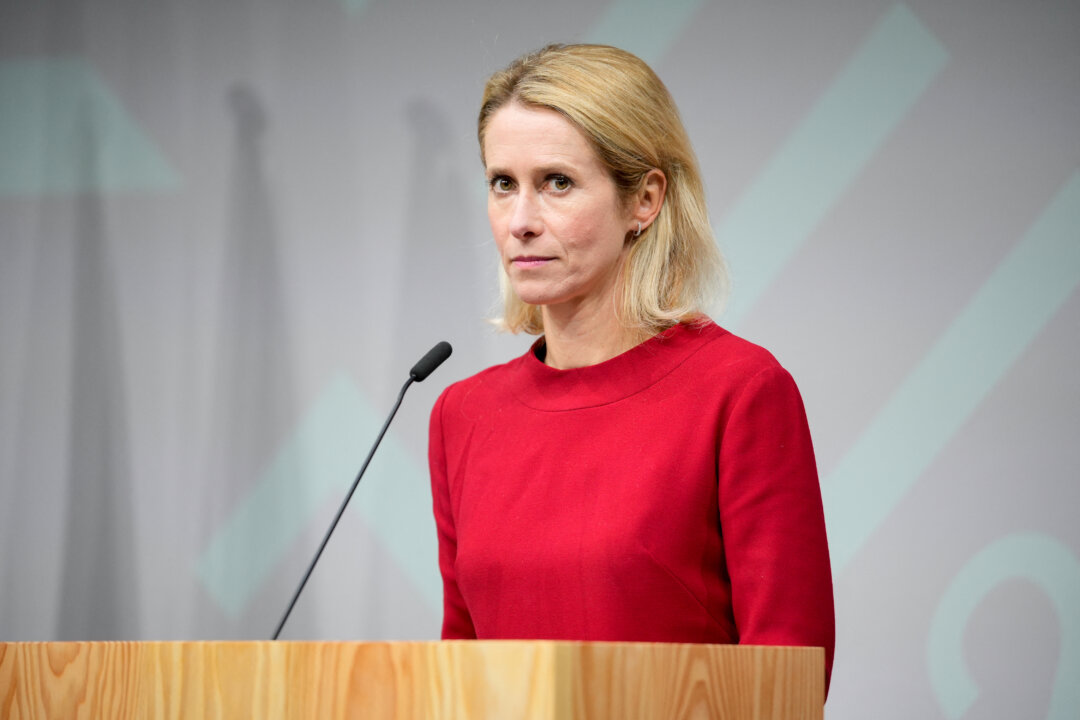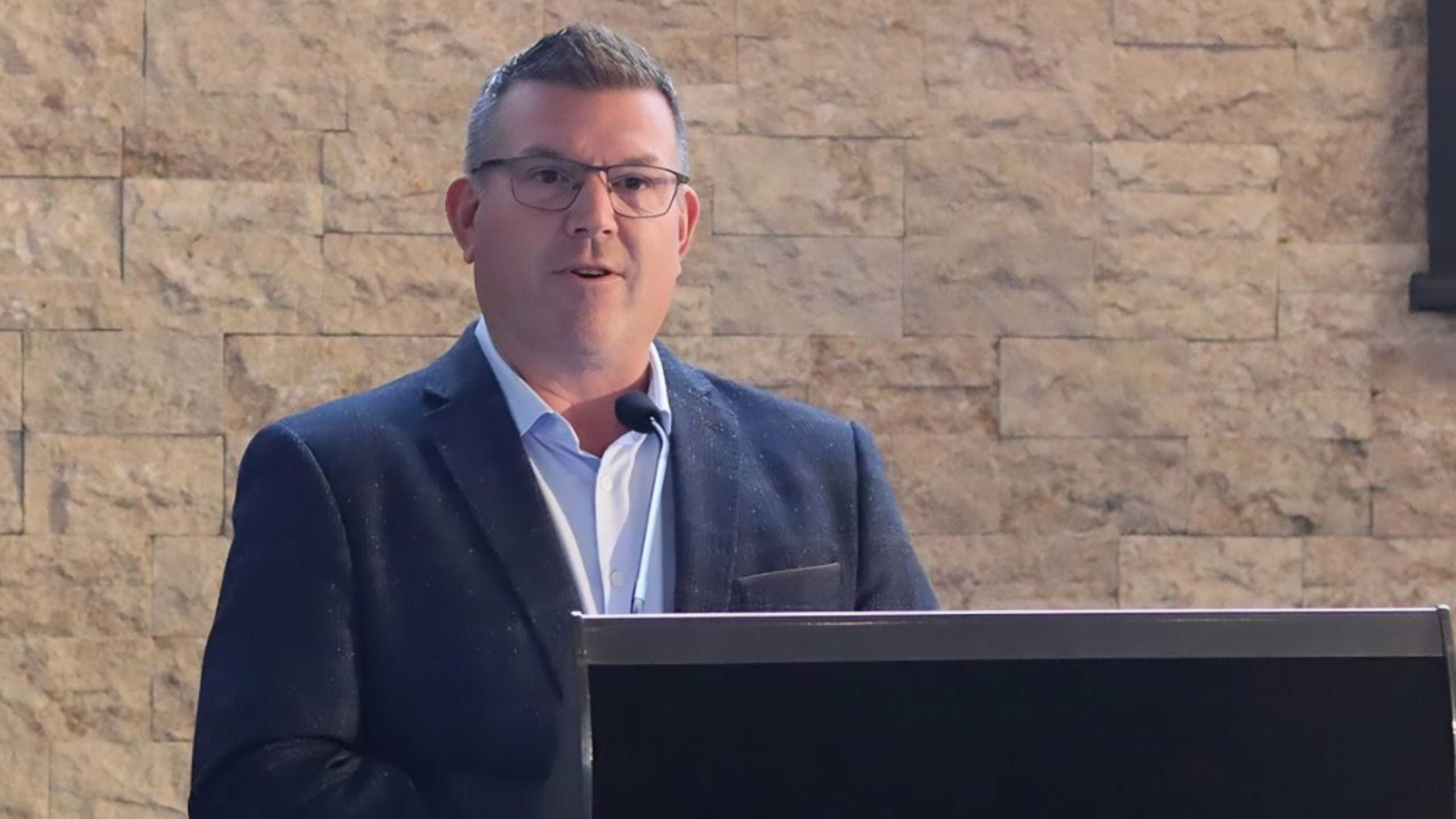The European Union’s high representative for Foreign Affairs, Kaja Kallas, has asserted that the Chinese government is actively aiding Russia in its ongoing war against Ukraine. This support is perceived as a strategy to distract the United States from addressing issues related to China. Kallas’ comments signal a notable shift in the EU’s approach to both China and its transatlantic relationship with the U.S.
In an interview with The Economist published on October 28, 2023, Kallas emphasized that Russian President Vladimir Putin has shown little interest in pursuing ceasefire negotiations since launching the invasion of Ukraine in February 2022. She described China as “the key enabler” of Russia’s military actions, stressing that Beijing has become Putin’s most significant ally in the conflict.
Kallas’ remarks illustrate a growing concern within the EU regarding the implications of China’s support for Russia. Analysts interpret this statement as an indication of the EU’s evolving strategy towards China, particularly in light of the ongoing geopolitical tensions. The EU’s response reflects a broader recognition of the interconnectedness of global security dynamics and the necessity for a coordinated approach among Western allies.
The implications of Kallas’ statement are profound, as they highlight the increasing complexity of international relations. The EU is grappling with how to address both the immediate challenges posed by Russia’s aggression and the long-term strategic competition with China. As analysts have pointed out, this dual focus may lead to a recalibration of the EU’s foreign policy priorities.
The geopolitical landscape is shifting, and the relationship between China and Russia is becoming more pronounced. Kallas’ assertion underscores the urgent need for the EU to navigate its foreign policy in a way that effectively counters both Russian aggression and Chinese influence. As the situation in Ukraine continues to evolve, the EU’s strategy will likely remain under scrutiny, particularly regarding its interactions with both Moscow and Beijing.
In conclusion, Kaja Kallas’ comments reflect a decisive moment for the EU as it reassesses its role on the global stage. With China’s support for Russia becoming increasingly evident, the EU faces the challenge of formulating a coherent response that addresses both immediate threats and future strategic considerations. The coming months will be critical in determining how the EU positions itself in relation to its key global partners and adversaries.







